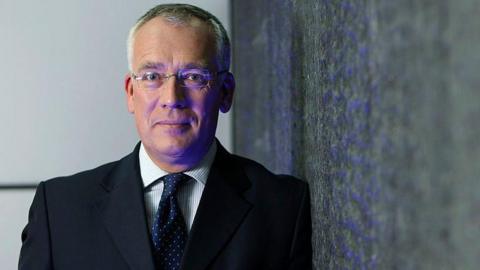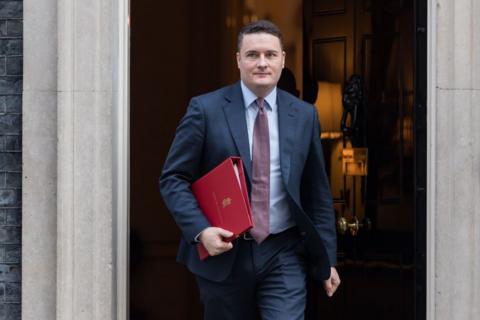He also defended the idea of quangos – the term used to describe publicly funded organisations at arm's length from the government. "I've worked with six secretaries of state and complete changes of ministers. So there is an argument for a construct that would separate the delivery vehicle from government."
The advantage, he said, is that "it brings in a steady engagement from relevant expertise on a particular topic. And the difference from the political world is.... they don't all necessarily come with relevant experience to run and oversee those areas".
And he argued that NHS organisational changes can't do much to change the underlying health of the population: "The NHS deals with whoever or whatever comes through the gates in whatever condition. And many of the conditions of poor health are driven by factors outside the NHS."
As Mr Meddings was setting out the case for the defence, the debate about the shake-up rages on.
One well-placed source argued that NHS England's leaders had the chance just after the election to re-set the relationship with government but failed to do so as "there had been too much suspicion of politicians".

